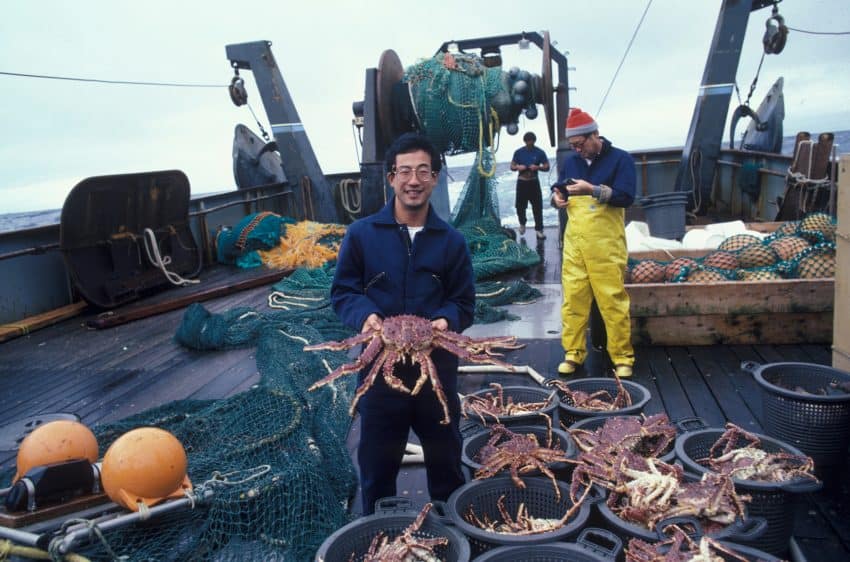Marine environments are vital to our planet, and the study of oceans has evolved into specialized scientific disciplines. While interconnected, marine science and marine geochemistry represent distinct research areas. Understanding their similarities and differences is crucial for appreciating their unique contributions to oceanic knowledge and global challenges.
Defining Marine Science and Its Scope
Marine science encompasses a broad field that investigates the ocean’s physical, biological, chemical, and geological aspects. Scientists in this domain examine diverse topics such as ocean circulation, marine ecosystems, and the impacts of climate change on aquatic environments. Marine science offers a holistic view of ocean processes by combining disciplines like biology, chemistry, and physics.
To illustrate, marine biologists may study coral reef health, while physical oceanographers analyze currents and waves. These subfields help explain how ocean systems function and interact with the Earth’s atmosphere and biosphere. Consequently, marine science is critical in addressing environmental issues and promoting sustainable ocean management.
What Is Marine Geochemistry?
Marine geochemistry focuses on the chemical composition and interactions within the aquatic environment. Unlike marine science, which has a broad perspective, this discipline focuses on chemical elements and compounds in seawater, sediments, and marine organisms. Researchers investigate nutrient cycling, ocean acidification, and trace metal distribution.
For example, marine geochemists might analyze how atmospheric carbon dioxide dissolves into seawater, contributing to acidification. This chemical transformation has significant implications for aquatic ecosystems and global carbon cycles. By examining these processes in detail, marine geochemistry provides insights critical for understanding ocean chemistry and its broader implications.
Overlapping Areas of Study
Although marine science and geochemistry have distinct focuses, their research objectives and methodologies often overlap. Both disciplines contribute to understanding complex marine systems, and their collaboration can yield more comprehensive insights.
For instance, studies on ocean acidification typically require expertise in both fields. Marine scientists might measure the biological responses of organisms like shellfish while geochemists investigate the underlying chemical processes. Together, their findings inform strategies to mitigate environmental impacts. Such interdisciplinary approaches highlight the importance of integrating knowledge across fields.
Another overlapping area involves sediment analysis. While marine scientists might examine sediment layers to reconstruct historical climate patterns, geochemists delve into the chemical signatures within those layers. These combined efforts enhance our ability to interpret the marine environment’s past, present, and future changes.
Key Differences Between the Disciplines
Despite their interconnectedness, notable differences distinguish marine science from marine geochemistry. The former embraces a multidisciplinary approach to understanding oceans, while the latter focuses on chemical phenomena.
One primary distinction lies in their research tools and techniques. Marine science often employs remotely operated vehicles (ROVs) and sonar to map ocean floors or observe ecosystems. On the other hand, marine geochemistry relies heavily on advanced analytical instruments, such as mass spectrometers, to measure isotopic compositions and trace elements. These differences reflect the unique goals and methodologies of each discipline.
Furthermore, marine science frequently addresses broader questions, such as how climate change affects biodiversity or ocean currents. In contrast, marine geochemistry seeks to unravel specific chemical processes, like the role of dissolved organic matter in nutrient cycling. While both fields are indispensable, their differing scopes and approaches define their contributions.
Practical Applications and Global Impact
Both marine science and geochemistry have practical applications that extend beyond academic research. Their findings influence policy decisions, conservation efforts, and industrial practices, underscoring their social relevance.
For example, marine science informs fisheries management by providing data on fish populations and habitats. This knowledge helps establish sustainable fishing practices, ensuring food security for millions of people. Similarly, geochemical studies of ocean acidification guide international agreements to reduce carbon emissions, addressing one of our time’s most pressing environmental challenges.
Additionally, both fields contribute to disaster preparedness. Understanding the chemical changes during events like oil spills enables more effective cleanup strategies, while marine scientists study ocean dynamics to improve storm surge predictions. These applications demonstrate the tangible benefits of investing in ocean research.
Future Directions and Challenges
As global challenges like climate change and pollution intensify, the roles of marine science and marine geochemistry are becoming increasingly critical. Advancing these disciplines requires overcoming significant obstacles, such as limited funding and the need for interdisciplinary collaboration.
One promising direction involves leveraging emerging technologies. Innovations like autonomous underwater vehicles (AUVs) and machine learning algorithms can enhance data collection and analysis. These tools enable researchers to explore previously inaccessible ocean areas and uncover new chemical processes. Moreover, fostering partnerships between marine scientists and geochemists will amplify their collective impact, ensuring a more comprehensive understanding of ocean systems.
Another challenge is translating scientific knowledge into actionable policies. Bridging the gap between research and decision-making requires effective communication and stakeholder collaboration. By emphasizing the societal relevance of their work, marine scientists and geochemists can advocate for evidence-based solutions to protect aquatic environments.
Marine science and marine geochemistry are distinct yet complementary fields that enrich our understanding of the oceans. While marine science offers a broad perspective on oceanic systems, marine geochemistry provides detailed insights into chemical processes. By recognizing their unique strengths and fostering interdisciplinary collaboration, we can address pressing environmental issues and ensure the sustainable management of our planet’s vital marine resources. Ultimately, both disciplines play indispensable roles in shaping a healthier, more resilient future for the world’s oceans.

